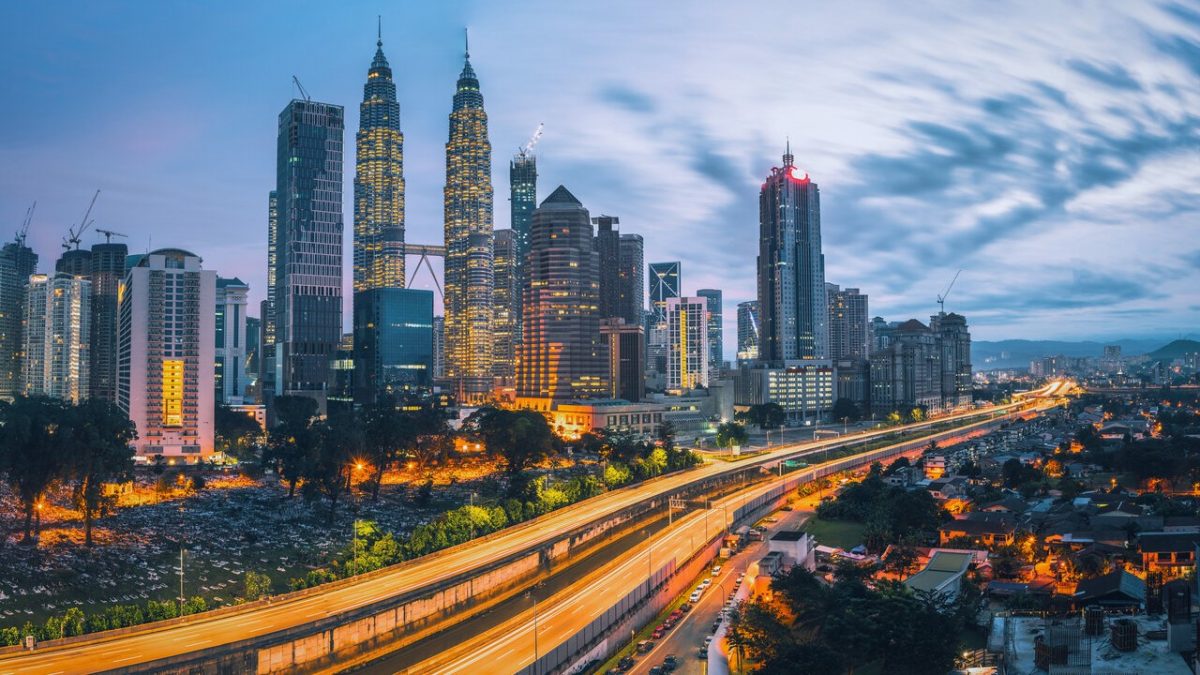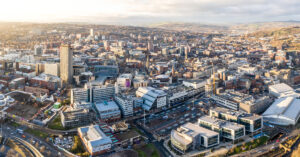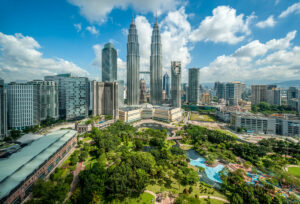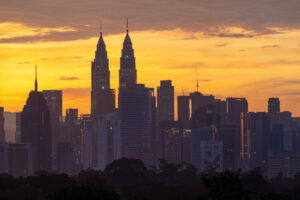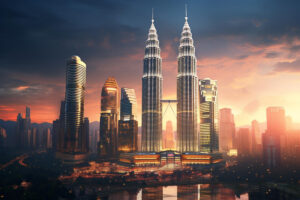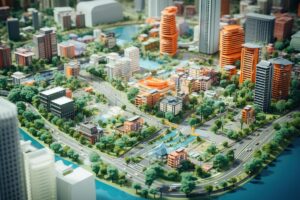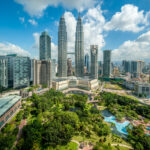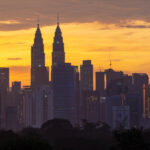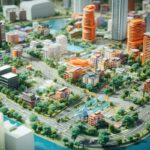Undoubtedly, the existence of cities is vital in the application of Sustainable Development Goals (SDGs) and the New Urban Agenda (NUA) in Malaysia. The NUA has set a standard for sustainable urban development worldwide and will assist us in assessing better ways to design, manage, and live in urban areas.
The Agenda serves as a roadmap to plan and build cities that prosper culturally, socially, and economically without compromising environmental structures.
Read More: 7 Types of Urban Planning Concepts Explained
An Introduction to the New Urban Agenda
First presented at the UN-HABITAT III Conference in October 2016, the New Urban Agenda was established to accelerate the SDGs, particularly SDG 11 (making cities and human settlements inclusive, safe, resilient, and sustainable).
When thinking about SDGs, there will be complexities in defining, framing, and scaling the metrics of sustainable urban development. In today’s era of rapid urbanisation, the NUA provides a framework to guide and keep track of urban development.
The NUA revolutionises the way in which we plan and develop cities. It lays forth the criteria and principles for the development, construction, management, and improvement of urban areas.
Furthermore, the Agenda highlights the severity of climate change and how we can address the problem. It also calls attention to the correlation between sustainable urbanisation and improved quality of life.
Read More: Urban Planning and Smart City: The Future of Development
Committing to the New Urban Agenda
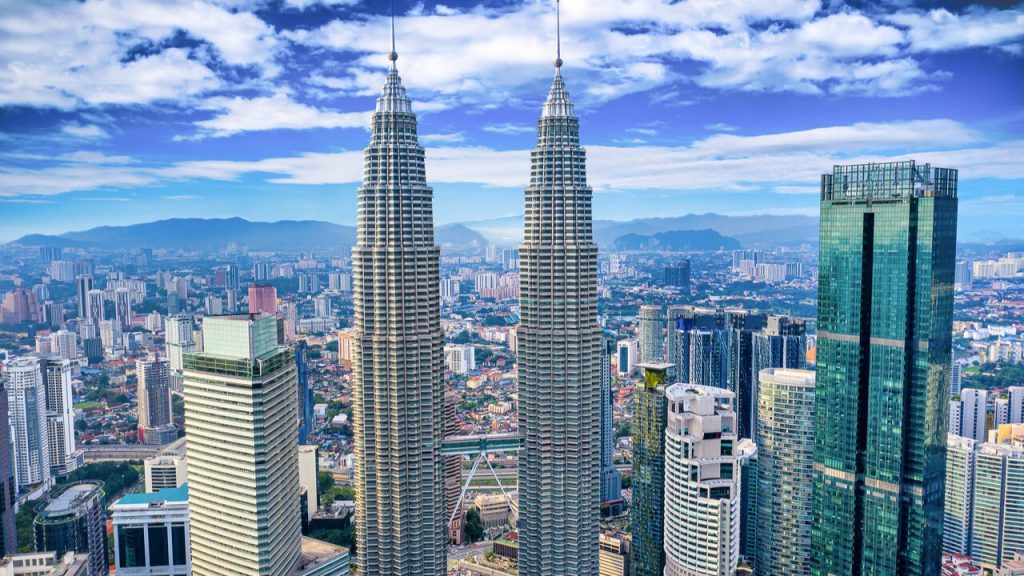
In order to implement the Agenda effectively, the national governments and local authorities must:
Ensure all citizens have access to opportunities
- Equality of opportunity is extremely important as it serves as a foundation of how we ought to live as a community. Leaders must improve access by modifying barriers and challenges to ensure an enhanced quality of life.
Provide essential services for all citizens
- A tremendously significant feature in urban development is ensuring that everyone, especially the underprivileged and underserved, has access to basic services. These services are necessary for the continuity of one’s life: education, health care, housing, and more.
Address climate change
- Climate change is one of the most pertinent problems of our time, and addressing it will assist us in building a more sustainable future. Leaders must contribute and be involved in educating and communicating about climate change.
Read More: Climate-Smart Cities in Malaysia: A Response to Climate Change
Encourage practices that promote greener cities
- Sustainable measures such as tackling pollution, establishing recycling programmes, and using renewable energy are excellent methods of supporting greener and cleaner cities. In addition, providing access to better public transport via Transit Oriented Development (TOD) can also help this noble pursuit.
Promote accessible, safe, and sustainable public spaces
- Another important factor in the Agenda is to ensure safe and sustainable cities that offer access to inclusive public spaces. Quality urban public spaces like parks and playgrounds that provide equitable access can strengthen social connections and improve the city’s liveability.
Creating Sustainable Cities, Together
The New Urban Agenda requires progressive urban regulations as well as enhanced urban planning and design. To help achieve a successful implementation of the Agenda, PEQ Consult works with local authorities to provide sustainable and comprehensive urban planning services.

